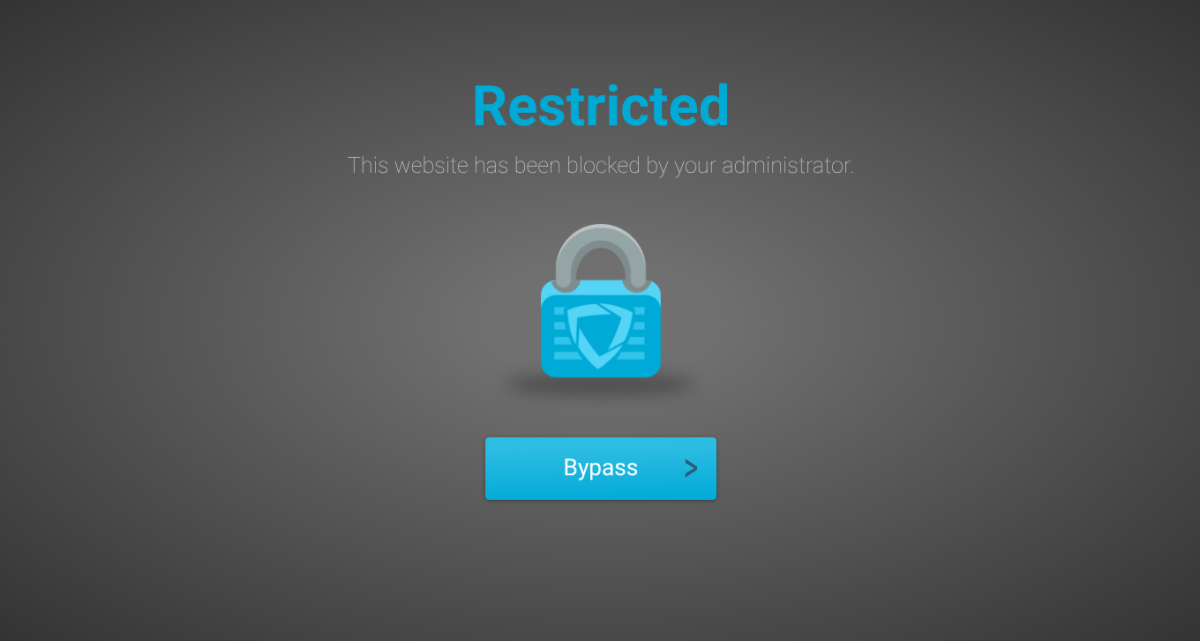Love and Hate: strong words indeed
December 5, 2016
Hate: an intense disliking, distaste for, or animosity; detestation.
Love:
a.) An intense affection for another person based on familial or personal ties;
b.) An intense attraction to another person based largely on sexual desire;
c.) God’s benevolence and mercy towards man and man’s devote adoration of God;
d.) A strong enthusiasm;
e.) An intense emotional attachment;
Most people have probably heard the saying, hate is a strong word. This is true. Likewise, most people have probably heard the saying, love conquers all. This is true as well. The sentiments/feelings that these words represent are very powerful at their core and should be expressed with caution. In our modern world, however, the overuse and misuse of both words has undermined their significance, and has, thus, cast an ever-growing cloud of confusion around the actual intent of the user.
At Ames High School, many students defined the word hate as: “a strong dislike of someone or thing” “when you despise another person or thing” “an extreme disliking to the point where you can’t see any positives towards the subject” or something along those lines. All of which correspond to the definition given by Webster’s dictionary.
Likewise, students at Ames High defined the the term love as: “to greatly enjoy a person or thing” “The opposite of hate; unconditional” “When you want to be with someone no matter what” “It’s hard to define because there are different kinds of love”. All of these fit the requirements of the definition given by Webster’s dictionary as well.
However, while students show an understanding of both words by definition, 100% of these same students admitted that the phrases I hate and I love are heavily misused in current pop-culture.
What does this mean exactly?
Well, to start off with the obvious, it means that the terms are, in many cases, simply used out of context or are substituted for a word of less significance such as like or dislike. “I think that sometimes [those words] can be used as hyperboles, if you will, and we say ‘oh I hate this person’ or ‘oh I love this person’ when we really don’t” said senior Bella Guyll.
It also means that the terms are overused in the current world. “I feel like they kinda lose their meaning when people say them all the time. It’s like you can’t convey the actual strength of [either] emotion because the words that you use are so overused that they don’t have any strength anymore” said senior Eva Scheibe.
This brings up a good point. That point being that love and hate are terms that denote two very extreme emotions. The significance behind their meaning runs deeper than to just like or dislike something. But in this generation, the intensity and passion of both of those feelings are becoming harder and harder to be expressed due to the misused and worn out approach to the terminology that has been designated to them. It’s a sad and tragic situation.
It is this way because even though the terms have lost, and are continuing to lose, a lot of their worth as words, the feelings behind them will never change or diminish in value. The Love held and felt by a human being is priceless at its core and should not for one second be taken as a light thing. Same goes for how the hatred felt by a human being towards an object, act, or (especially) another human being should be reverenced with extreme caution and respect.
Why? Because with the God-given value of a life, comes the indubitable right to choose what to love and what to hate.
And while their right to choose doesn’t make their choice the correct one, it is their right nonetheless.
But one must then ask the question: what is correct for one to choose to love, and what is correct for one to choose to hate?
And that, my friend, is a good question indeed. It is the right question.

























